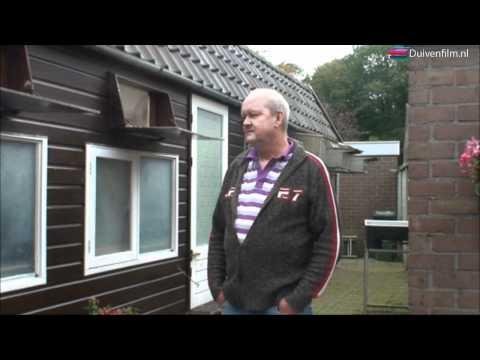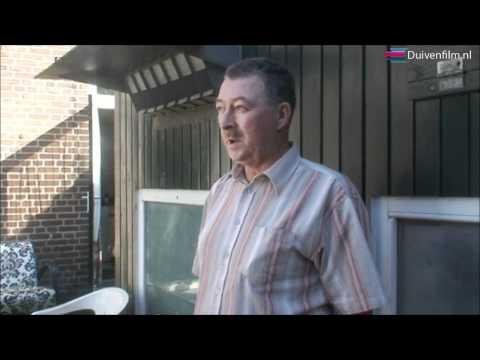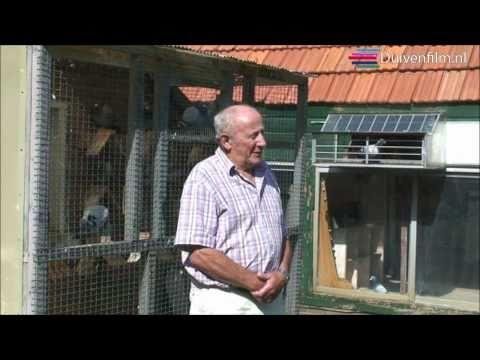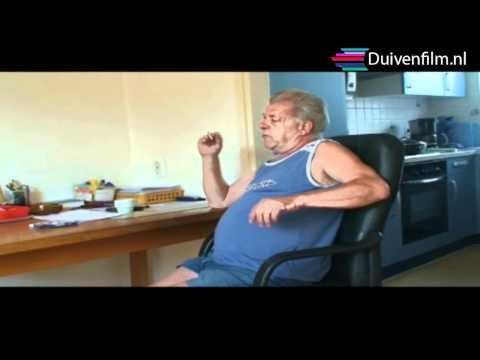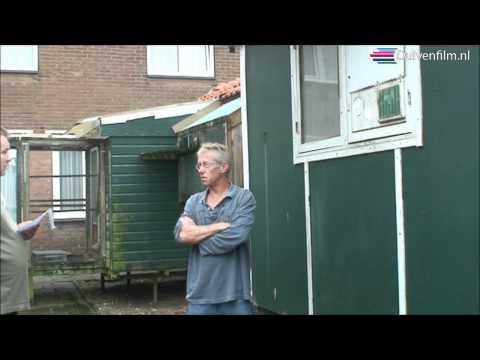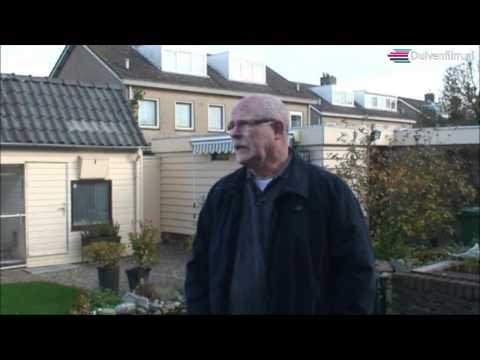I don’t consider myself spiritual. For some in palliative care, this would be considered heresy as we are told “everyone is spiritual.” But, hey, I’m not. So there. However, despite not being spiritual, I do believe that spiritual care is fundamental to the care I give patients and families. I also recognize it is the one palliative care domain I am most uncomfortable with and the one that as a field, we actually don’t support very well (odds are, if your palliative care team doesn’t have a full interdisciplinary team, the discipline you are likely missing is chaplaincy (https://www.capc.org/capc-reports-and-publications/) ).
So, on today’s podcast, we break down spiritual care in palliative care with three leaders in the field: Allison Kestenbaum, Katy Hyman, and Paul Galchutt. We ask these experts a veritable smorgasbord of questions on spiritual care that includes:
1. What the heck is spirituality and is the term itself inherently religious?
2. What is the difference between a “spiritual care history” vs “spiritual screening” vs a “spiritual assessment” and why does it matter
3. What do you do if your spiritual screen or assessment uncovers something?
4. How do we ask our patients if they would like to see a chaplain? Should we ask or just like any of our other team members just have them stop by?
5. What does spiritual care for the non-religious look like?
6. What are some specific communication tips to take a deeper dive into patient/family/caregiver suffering.
7. Can you research spirituality?
Also, for all you palliative practitioners and researchers, here is a link (https://transforming-chaplaincy.mn.co/share/GD7UmB11za6rmPGk?utm_source=manual__;!!AQDxp81HYA!f8VfekCKwTBXFtYPwyz5r81foHuwE3ulLGQGiCEREtbOIbs2LQ8x8MwLdHS9KqfypA$) to freely join the Hospice-Palliative Spiritual Care Research Network (HPSCRN) with Transforming Chaplaincy The HPSCRN is a space to connect, inform, explore, and coordinate for all interprofessionals.
So, on today’s podcast, we break down spiritual care in palliative care with three leaders in the field: Allison Kestenbaum, Katy Hyman, and Paul Galchutt. We ask these experts a veritable smorgasbord of questions on spiritual care that includes:
1. What the heck is spirituality and is the term itself inherently religious?
2. What is the difference between a “spiritual care history” vs “spiritual screening” vs a “spiritual assessment” and why does it matter
3. What do you do if your spiritual screen or assessment uncovers something?
4. How do we ask our patients if they would like to see a chaplain? Should we ask or just like any of our other team members just have them stop by?
5. What does spiritual care for the non-religious look like?
6. What are some specific communication tips to take a deeper dive into patient/family/caregiver suffering.
7. Can you research spirituality?
Also, for all you palliative practitioners and researchers, here is a link (https://transforming-chaplaincy.mn.co/share/GD7UmB11za6rmPGk?utm_source=manual__;!!AQDxp81HYA!f8VfekCKwTBXFtYPwyz5r81foHuwE3ulLGQGiCEREtbOIbs2LQ8x8MwLdHS9KqfypA$) to freely join the Hospice-Palliative Spiritual Care Research Network (HPSCRN) with Transforming Chaplaincy The HPSCRN is a space to connect, inform, explore, and coordinate for all interprofessionals.
Log in of aanmelden om een reactie te plaatsen.
Wees de eerste die een reactie plaatst.








